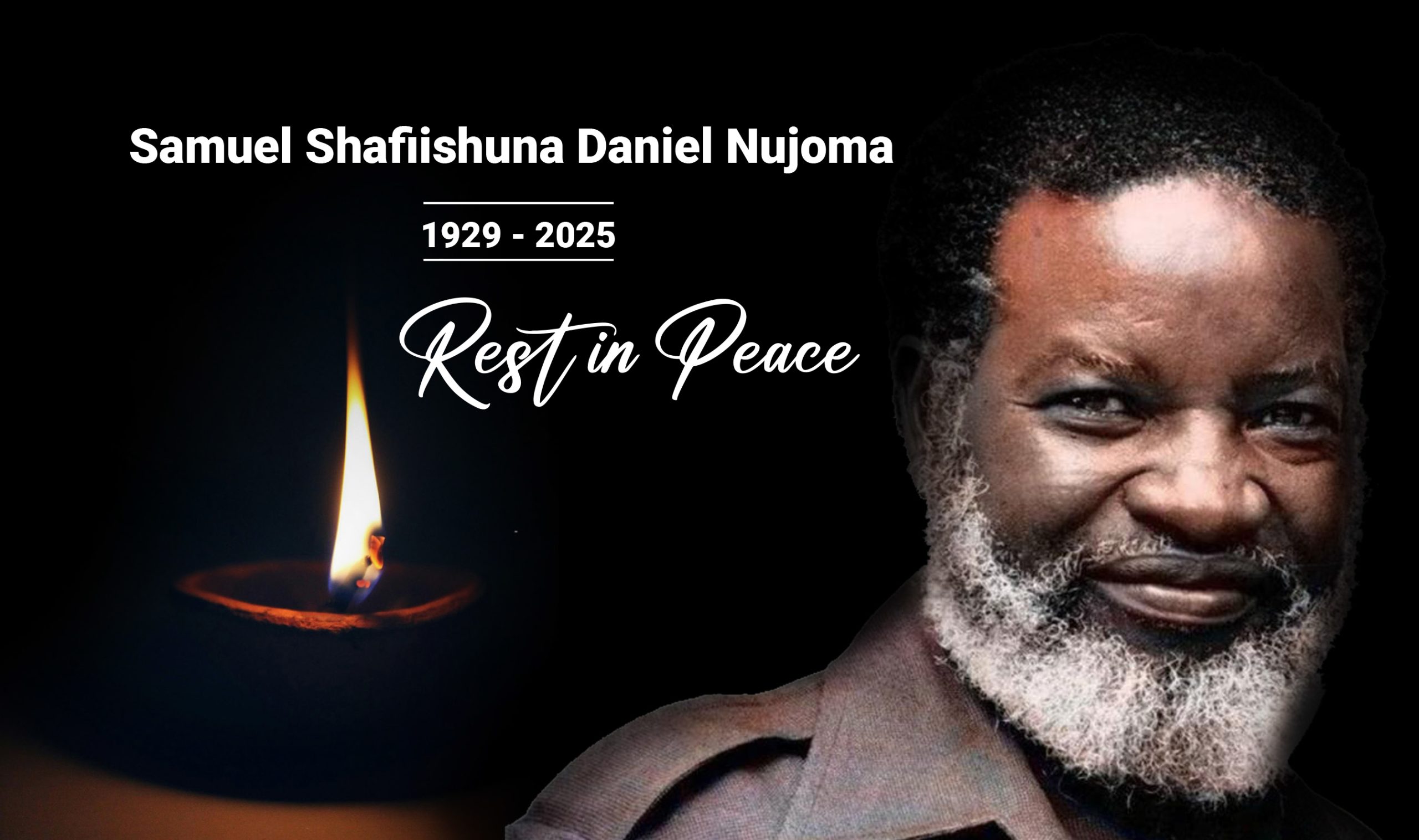Russian company Uranium One has said minister of agriculture, water and land reform Calle Schlettwein’s statement, which suggests that Namibia can survive without coal or uranium, denies Namibians the opportunity to benefit from the prosperity that the country’s resources can offer its people.
This follows Schlettwein’s remarks on Wednesday, stating that while Namibia cannot survive without water and food, it can live without coal or uranium.
According to Schlettwein, the government’s priority is to ensure a reliable supply of water for human consumption and food production while also ensuring that mineral extraction does not harm aquifers.
He made these comments during a meeting at Mariental, which focused on the impacts of uranium mining in the Stampriet Transboundary Aquifer System on Monday.
Uranium One spokesperson Riaan van Rooyen says the company respects the minister’s position.
“Yes, the honourable minister did say that the country can do without coal or uranium. We respect his position, but for us, it means that investors in uranium mining may as well take their investments elsewhere and leave Namibia. That would obviously deny the Namibian population the opportunity to benefit from the prosperity that the country’s resources can offer,” he says.
Uranium One has been exploring for uranium near the Omaheke region.
However, there have been concerns, including from the government, that uranium mining could contaminate the Stampriet Transboundary Aquifer System, the country’s largest water basin, which extends into South Africa and Botswana.
Stay informed with The Namibian – your source for credible journalism. Get in-depth reporting and opinions for
only N$85 a month. Invest in journalism, invest in democracy –
Subscribe Now!










